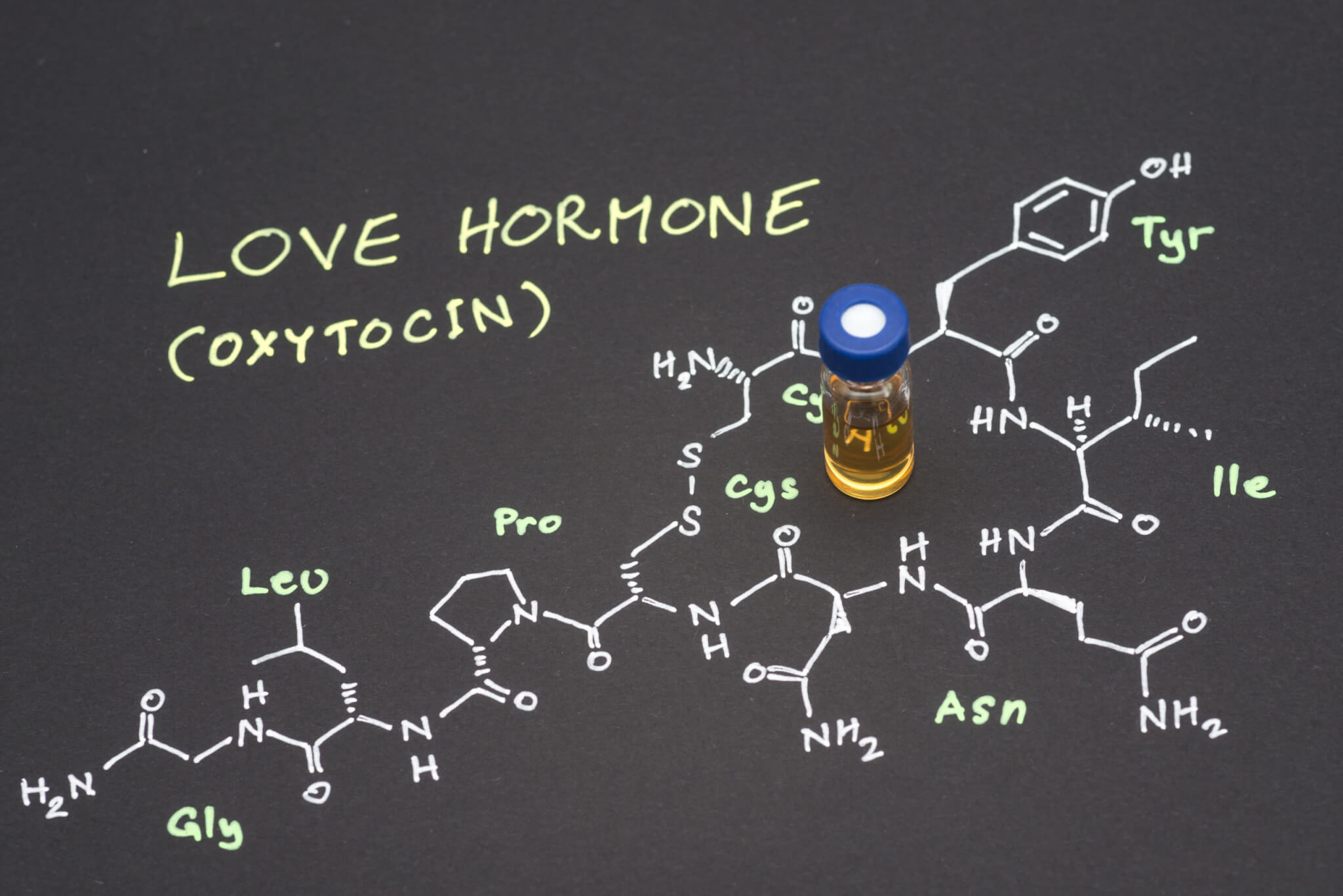TOKYO, Japan — Want men to remember when their wedding anniversary is? Just make sure they access their “love hormone.” Scientists have long been fascinated by oxytocin, often dubbed the “love hormone,” for its role in fostering emotional bonds and enhancing psychological well-being. Beyond its social functions, oxytocin is now being recognized for its significant influence on cognitive processes, such as learning and memory.
In a landmark study, researchers from Tokyo University of Science have uncovered new insights into how oxytocin impacts memory in animals, a discovery that could have profound implications for treating human cognitive disorders like dementia.
Scientists embarked on an exploration of the neural pathways and signaling mechanisms activated by oxytocin. Their research provides a deeper understanding of the hormone’s effects on the brain and its potential as a therapeutic agent.
“Previously we had suggested that oxytocin may be a new therapeutic candidate for dementia based on studies using a mouse model of Alzheimer’s disease. To investigate this further, in this study, we examined the role of endogenous OXT in mouse cognitive function,” says Akiyoshi Saitoh, a professor at the Tokyo University of Science, in a media release.
“This was done by using pharmacogenetic techniques to specifically activate OXT neurons in specific brain regions. The cognitive function of mice was then evaluated using the Novel Object Recognition Task (NORT).”
💡What Is Oxytocin?
- Oxytocin acts as both a hormone and a neurotransmitter, influencing both your body and brain.
- It plays a key role in social bonding, trust, and building relationships.
- It also has crucial functions in reproduction, including childbirth and lactation.
- While often associated with feel-good moments, oxytocin also influences empathy, anxiety, and even prejudice.

The study’s novel approach involved activating oxytocin neurons in the paraventricular hypothalamic nucleus (PVN) of the brain and observing their impact on cognitive performance through the Novel Object Recognition Task (NORT), a test used to evaluate memory function. Researchers discovered that activating these neurons had a profound effect on long-term object recognition memory, although it did not alter short-term spatial memory in the Y-maze test.
One of the most significant findings of the research was the identification of the supramammillary nucleus (SuM) as a critical area where oxytocin facilitates memory processes. Activation of oxytocin neurons in the PVN led to increased activity in the SuM and the dentate gyrus, part of the hippocampus — known for its role in forming memories. This suggests that oxytocin’s effects on memory are mediated through specific neural pathways linking the PVN and SuM.
This study is pioneering in its demonstration of oxytocin’s involvement in object recognition memory, shedding light on the hormone’s broader cognitive functions. The implications for understanding and treating dementia are particularly exciting.
“There is a widely acknowledged belief that dementia tends to advance more rapidly in settings where individuals experience loneliness or limited social engagement,” notes Saitoh. “However, the scientific underpinnings of this phenomenon have remained largely elusive. Our research seeks to elucidate the crucial role of a stimulating environment that activates oxytocin in the brain, potentially mitigating the progression of dementia.”
The research marks a significant step forward in our understanding of oxytocin’s role in the brain. It opens up new possibilities for developing treatments aimed at enhancing cognitive function and slowing the progression of diseases like Alzheimer’s.
The study is published in the journal PLoS ONE.

I remember a study associating oxytocin with bonding in men after the birth of offspring and during pregnancy of their spouse. Also though, with the developments we equate with the “dad bod.”